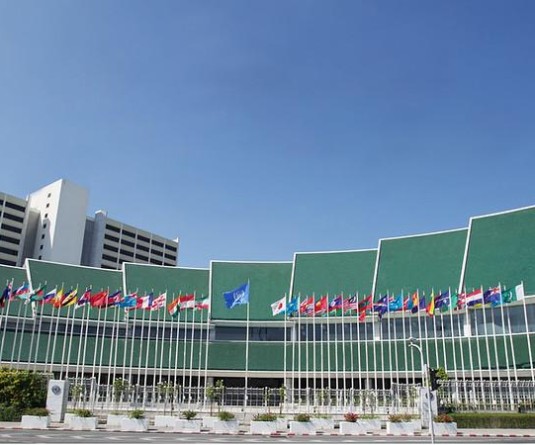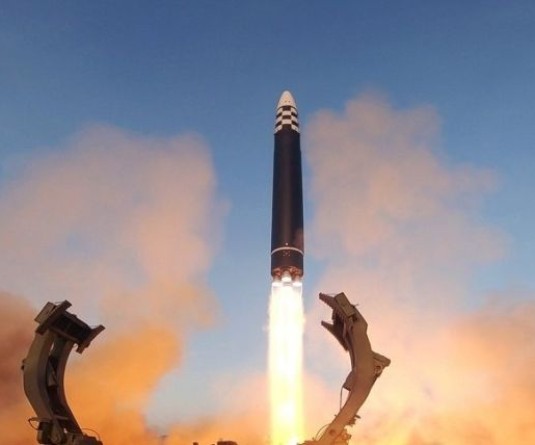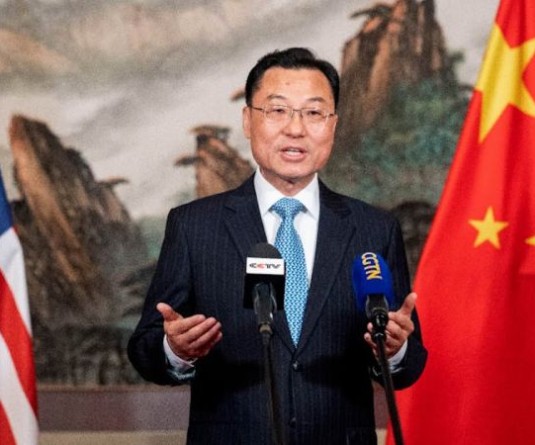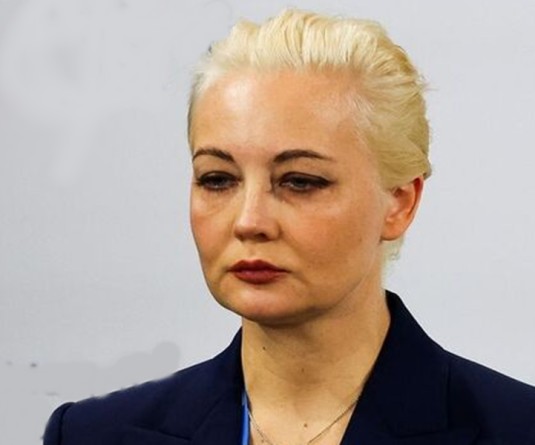Sudan's 100-day-old government fails to put out protest spark
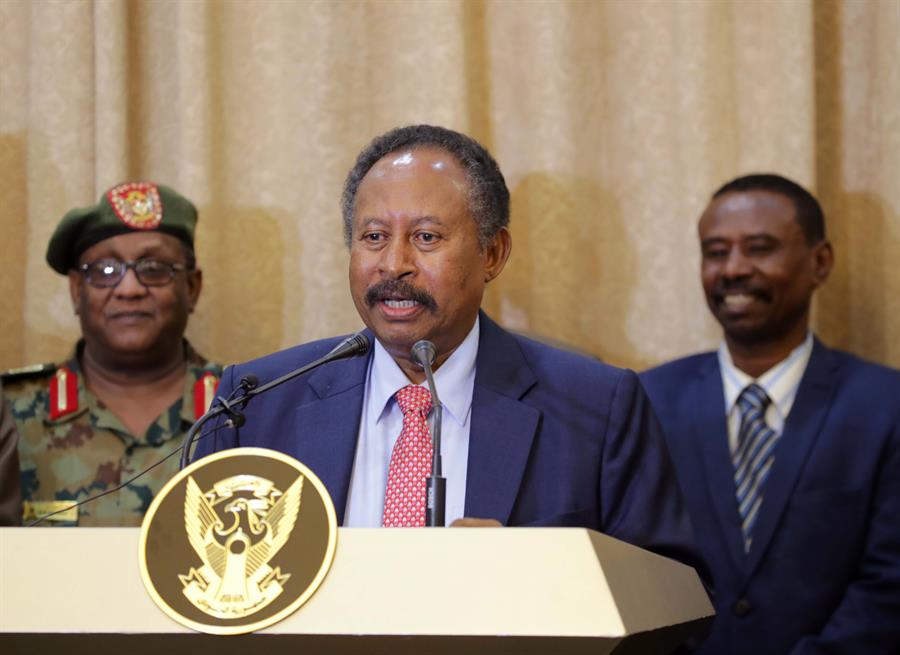
Sudan's new Prime Minister Abdalla Hamdok addresses the media following his swearing in at the presidential palace in Khartoum, Sudan on August 21, 2019. (EPA-EFE File Photo)
Khartoum, November 29 (EFE-EPA): Friday marks the first 100 days in office for Sudan's Prime Minister Abdalla Hamdok as the head of the country's transitional government.
He has made progress on pacifying the Sudanese but has not resolved the economic problems that sparked the large-scale protests and led to Omar al-Bashir being overthrow in April.
Upon taking office on 21 August, Hamdok listed among his priorities ending the war and establishing lasting peace, resolving the devastating economic crisis, improving living conditions, establishing a rule of law, creating a plural democracy and dissolving al-Bashir's regime.
One hundred days later and the protests over a lack of solution to the country's economic problems are still going on in Khartoum and beyond.
Hasan Saleh, a professor in Political Sciences at the University of Khartoum, told Efe that the government's performance "has been slow and been affected by the different stances of the blocks within the Forces of Freedom and Change" - the platform that mobilized the democratic forces against the dictator.
High expectations generated by the political change led citizens to feel an urgency for improved living conditions.
But this has not happened.
"The political discourse of Freedom and Change promised a great leap in people's lives, but it didn't happen because the ruling alliance didn't perceive the complexity of the situation," Saleh explained.
The Forces of Freedom and Change acknowledge that the government has not fulfilled its ambitions - "especially in relation to dealing with the economic situation and improving the lives of citizens," Waydi Saleh, spokesman for the platform, told Efe.
It has also seen some achievements, according to Saleh, who is against eliminating fuel and bread subsidies because of tough living conditions.
To Hamdok's credit, progress in the peace process must be highlighted.
The Forces of Freedom and Change signed a constitutional document with the military board that held power between April-August that set out six months to establish peace in the conflict zones in Darfur, South Kordofan and the Blue Nile.
The transitional government, made up of members of the platform and the military, signed a cessation of hostilities with armed groups in these regions and will begin a new round of dialog in the South Sudanese capital Yuba on 10 December.
The talks will see discussions on security efforts as well as the participation of armed movements in power structures.
"Despite the complications of the issues that will be discussed in the next round of negotiations, there is optimism about advancing the peace process," the head of the Peace Commission, Suleiman al-Dabilo, told Efe.
Al-Dabilo believes a definitive agreement could be signed by the end of this year.
The new administration has been taking measures to knock down the old structures of the regime.
At the beginning of October, the government changed the directors of 31 public universities, and has been replacing those responsible within government institutions.
So far, no civil governors have been appointed to the states, which "created a vacuum that led to the deterioration of services and resurgence of protests over the fuel crisis and bread shortages in Niyala, the capital of South Darfur, Madani, the capital of the state with the same name in the center of the country and in southern Khartoum," according to Ibrahim al-Sheij, a member of the Central Committee on Freedom and Change.
Al-Sheij lamented that the new government had not met a deadline to form a new Parliament, which passed on 17 November, but acknowledged that the delay was down to the government wanting to end dialog with armed groups in signing a peace agreement and their incorporation.
"We agreed, the Forces of Change, to form a Parliament at the end of December and the seats of the armed movements can be left empty until the signing of the peace (deal) in case no agreement is reached before the end of the year," concluded al-Sheij.


